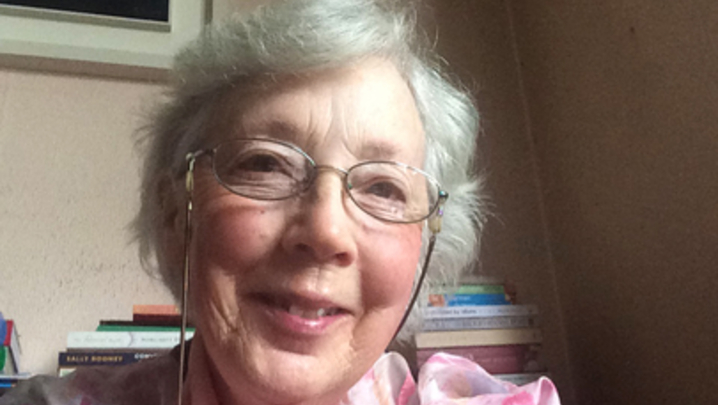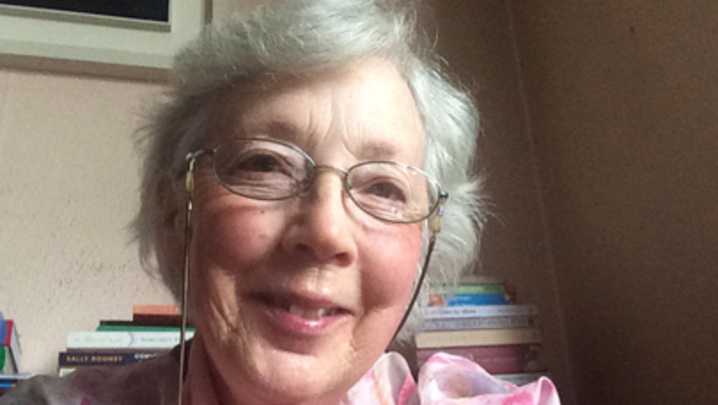Agnes Cogan is pleased that local production is gearing up following the end of the disputes in Hollywood
Things have been very quiet here in Dublin, lately, what with the screenwriters’ strike and the SAG strike bringing film and TV activity almost to a halt. However, the strikes are now over and a brighter future is on the horizon.
Evidence for this is the great news that Wednesday, Netflix’s most-watched English language show ever, is relocating from [Romania] to Dublin for its next season. Filming is due to start at the end of April at locations in Dublin and Wicklow.
Smaller scale, bread-and-butter work has been ticking away in the background. Something a bit bigger is Moonflower Murders, the sequel to the very successful BBC and PBS series Magpie Murders, which has just finished filming in Dublin.
This adaptation of the Anthony Horowitz novel, the second in the Susan Ryeland series, is a six-parter and stars Lesley Manville and Timothy McMullan, both of whom featured in Magpie Murders. It is a BBC co-production with Masterpiece Theatre for PBS.
On the TV front, the biggest news-maker recently has been the Society’s own Republic of Ireland Centre, which presented the inaugural Gay Byrne Memorial Lecture on 2 November at the Light House Cinema complex in Smithfield, Dublin. A neighbourhood, incidentally, that has been named “the second coolest neighbourhood on the planet” by Time Out.
Byrne, who died four years ago, was Ireland’s most famous and loved broadcaster. He broke the mould in so many ways, wading fearlessly into the morass of national taboos and shibboleths that have so deeply affected Irish society. One commentator described him as “the great window-opener”: he let in fresh air and light to illuminate many dark corners that some would have preferred left hidden.
In his memory, the Republic of Ireland Centre instituted an annual lecture dealing with contemporary concerns and issues in broadcasting and society. The title of the first lecture was “Public service broadcasting: what is it, what is it for, and what is its future?”.
"[Debate at the RTS event] shed some light and quite a bit of heat on the question posed by the lecture"
The keynote speaker was Moya Doherty, one of Ireland’s most successful and experienced TV producers. She created the TV phenomenon that is Riverdance and chaired the RTÉ Board for eight years. The moderator was Pat Kenny, Gay’s successor as host of The Late Late show, the world’s longest-running chat show, who hosted the programme until 2009. He now presents his own daily show for radio station Newstalk.
The context to this much anticipated lecture is the veritable earthquake inside our national broadcaster, RTÉ. Allegations about its governance and financial affairs have rocked Ireland’s broadcasting landscape.
Some of the scandal’s origins could be traced back to the time when Doherty was Chair of RTÉ, although she was emphatic that she knew nothing of what was afoot. This led to a lively exchange of views, shedding some light and quite a bit of heat on the question posed by the night’s lecture.
Recommendations have been made for a root and branch reform of Irish broadcasting. Plans for where RTÉ goes next are expected to be announced shortly.
Things may have been quiet on the TV and film production front, but some very serious questions have been raised regarding the future of broadcasting in this country.
Agnes Cogan is Chair of RTS Republic of Ireland.







